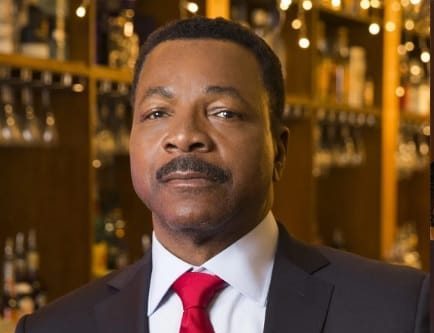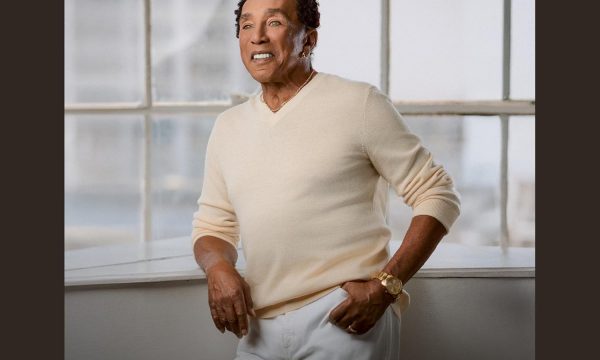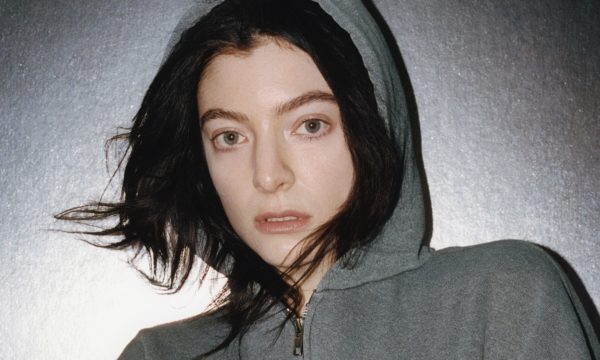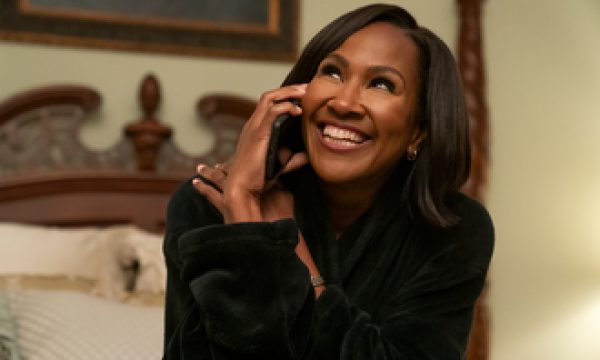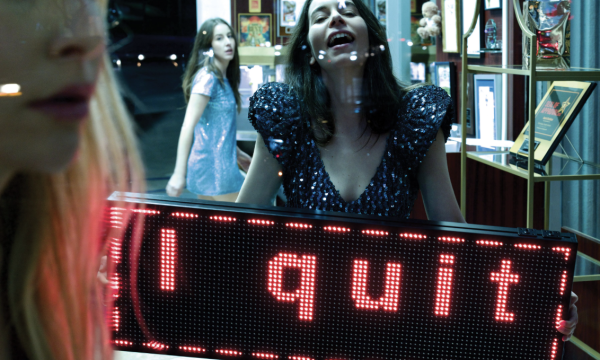Carl Weathers, the actor known for roles in “Rocky,” “Predator” and “The Mandalorian,” has died. He was 76. His family said in a statement Friday, according to Deadline and Variety, that Weathers “died peacefully in his sleep” on Thursday, Feb. 1.
“We are deeply saddened to announce the passing of Carl Weathers,” said the family, adding, “Carl was an exceptional human being who lived an extraordinary life. Through his contributions to film, television, the arts and sports, he has left an indelible mark and is recognized worldwide and across generations. He was a beloved brother, father, grandfather, partner and friend.” Weathers, a former NFL linebacker, starred as boxer Apollo Creed opposite Sylvester Stallone in the Rocky films, starting with the 1976 original. He costarred with Arnold Schwarzenegger in 1987’s Predator, and he most recently starred as Greef Karga on the “Star Wars” series The Mandalorian, which earned him an Emmy nomination.
The star took the lead in 1988’s “Action Jackson,” and he had memorable comedic roles as well: Playing Chubbs in the 1996 golf comedy “Happy Gilmore” with Adam Sandler, plus as a version of himself on the series Arrested Development.
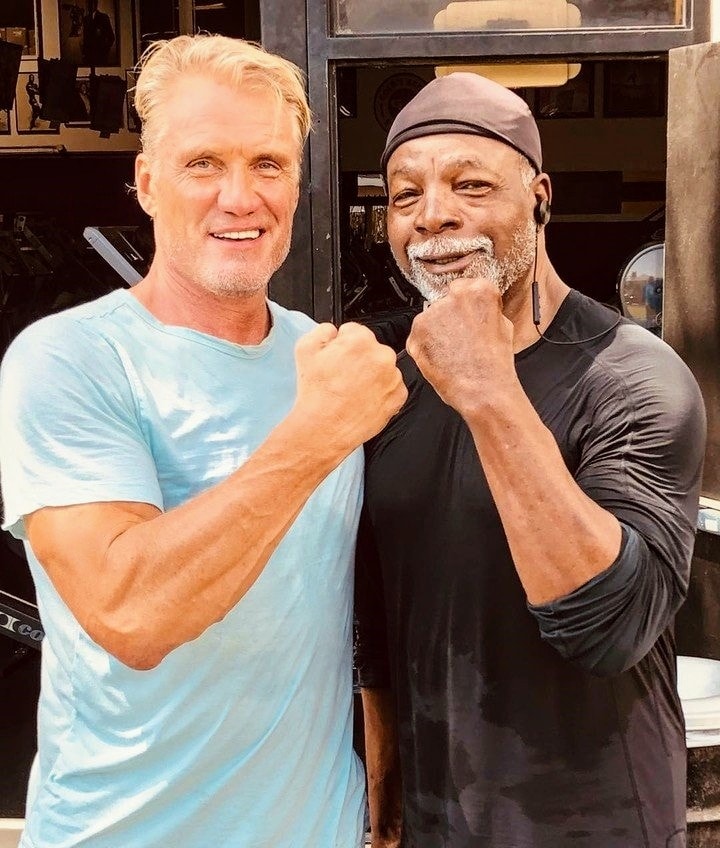
Weathers, who was born in New Orleans, told the newspaper Gambit that he discovered a passion for performing at a young age, performing in plays. “I was bitten by the bug, as they say. On stage having people laugh at the good lines and applaud at the end — it’s pretty, pretty infectious. Once that bug gets inside you, it’s kind of hard to give it up,” he said in 2020. Also in 2020, Weathers told British GQ that he sees a difference between being a “movie star” and an “actor.”
“…This label of movie star doesn’t really have anything to do with being a really fine actor or artist. Enough promotion of any person, enough movies where that person gets to be shown in a particular light, can make them a movie star,” he said at the time. “That doesn’t mean their chops are there as an actor to play a character that is perhaps unlike them, with complicated ideas behind the dialogue, behind the discourse, where a writer has really investigated something and you as the actor have to pull out this performance that not only illustrates what that writer wanted to say and create, but exemplifies what kind of talent you really have.”
Continued Weathers, “As a movie star you don’t really have to have that. All you really need is to be photogenic, you need the right projects and you need a lot of promotion behind it. Movie stars can be made. Actors — that’s a whole other ball game.”


